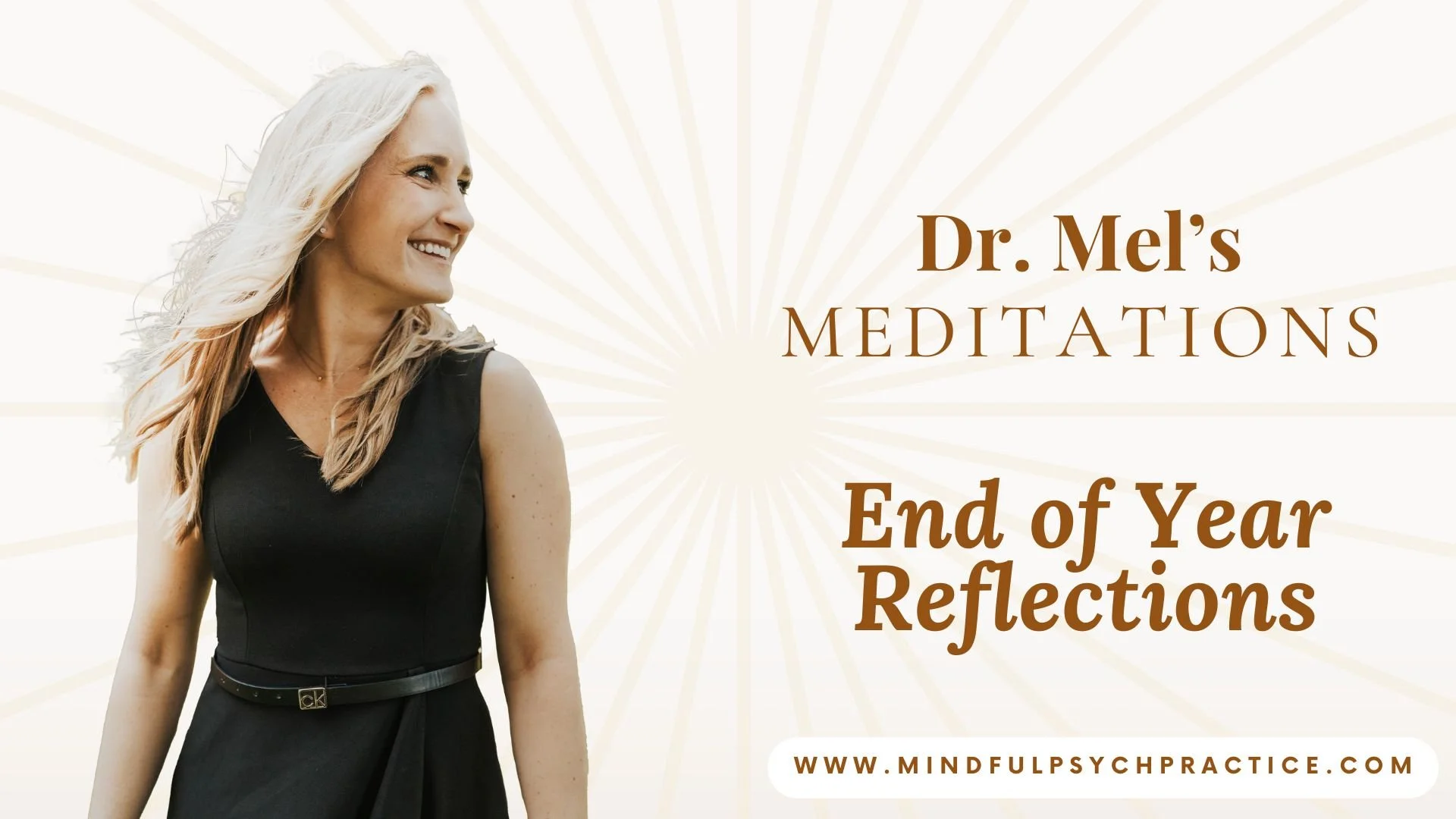
EDUCATION
About Obsessive Compulsive Disorder
What is Obsessive Compulsive Disorder (OCD)?
OCD is a condition that impacts your ability to function and live life in accordance to your values. Those with symptoms of OCD experience unwanted thoughts, images, or bodily sensations that cause anxiety, which leads one to engage in a compulsion (mental or behavioral) to reduce the anxiety.
OCD can be thought of as a “broken alarm system” meaning the part of your brain responsible for our fight or flight response is hyperactive. Even when someone logically understands that intrusive thoughts pose no threat, the brain makes it “feel real” and threatening. To deal with this sense of danger, one believes they must do a compulsion in order to find relief.
There are many different themes of OCD and this varies from person to person. However, the universal difficulty when it comes to OCD is tolerating uncertainty.
How Do We Treat OCD?
Individualized Treatment Plans
Everyone is impacted by OCD differently, therefore it is important to develop a treatment plan that works for your unique symptoms. We will work collaboratively with you to develop an individualized plan tailored to your goals, values, and needs. You determine how fast or slow we go in treatment. We will meet you where you are at!
Psychoeducation
There are many misconceptions and stereotypes about OCD. It is our job to make sure you fully understand your symptoms and how compulsions are reinforcing them. We will help you understand the underpinnings of OCD, your triggers/symptoms, and what treatment will look like.
Modern Evidence-Based Treatments
We are trained in two of the most effective treatments for OCD that are backed by research!
Exposure & Response Prevention (ERP)
This is considered the “gold standard” treatment for OCD. ERP will involve building a hierarchy of feared stimuli and gradually engaging in exposures at increasing difficulty. ERP also involves tools and techniques to disengage from compulsions (i.e., response prevention). Exposures may consist of imaginal exposures and/or in vivo exposures (i.e., real life situations).
Acceptance & Commitment Therapy (ACT)
There has been new research looking at the effectiveness of combining ERP with ACT as opposed to Cognitive Behavioral Therapy (CBT). ACT teaches us what is called “psychological flexibility” through mindfulness, willingness, and acceptance. Through ACT we learn how to look at thoughts and emotions from a distance and accept their presence instead of trying to change or avoid them.
Inference-Based Cognitive Behavioral Therapy (I-CBT)
I-CBT is an evidence-based treatment for OCD that focuses on the reasoning process that leads to intrusive doubts and obsessions. Instead of starting with exposures, I-CBT works by identifying and challenging the faulty inferences that fuel obsessive thinking, such as mistaking possibility for probability or confusing imagination with reality. Clients learn to recognize when their mind is engaging in “obsessional doubt” and to shift back into present-moment, common-sense reasoning. This approach can be particularly helpful for those who struggle with more taboo OCD themes.
-
Intrusive thoughts/images with only mental compulsions such as rumination or self-reassurance
-
Fears about getting sick (e.g., COVID, HIV/AIDS, cancer) or intense feelings of disgust
-
Fear of coming into contact with someone/something that is “dirty” leading one to feel disgusted
-
Obsessive concerns of bodily sensations
Hyperawareness of bodily sensations (e.g., blinking, swallowing, heart beat, tingling)
Fear you may never stop noticing sensations
Fear that bodily sensations may be a sign of a serious condition (e.g., heart attack)
-
Fears about harming others
Fear of harming a child, loved one, or stranger
Fear of self-harm or suicide
Fear of sexually assaulting someone in past or future
Hit-and-run – fear of harming someone while driving
Postpartum – fear of harming your newborn baby
-
Obsessive concerns about not being with the “right” person or that your partner may leave you
Fear of being with the “wrong person”
Fear your partner might not be “the one”
Fear you may not be attracted to your partner
Fear you don’t love your partner or that your partner doesn’t love you
Fear your partner may leave you
-
Obsessive concerns about possibly having a different sexual identity
Fear you may be a different sexual orientation
Fear of being/becoming transgender
-
Obsessions with philosophical questions or not understanding reality
Fear of never knowing what you truly believe or want in life
Fear of being in a dream or a different reality
Fear of not understanding consciousness
-
Obsessive concerns regarding religious and moral beliefs
Fear of consequences for going against religious beliefs/rules
Fear of sinning or doing something immoral
Fear of afterlife
-
Obsessions around OCD treatment and a need to respond to OCD in the “right” way
-
Obsessions that begin during or after pregnancy. These fears can involve harming your baby/self or being a “bad” parent. Some may also experience an increase in OCD symptoms that relate to other themes.
-
Obsessive concerns about being a child molester
Fears of having conducted acts of pedophilia in the past or that you may in the future
Fear that intrusive thoughts/images about children means you are a pedophile
Fear of having an arousal (e.g., groinal) response around children
-
A strong urge/need for absolute order, symmetry, cleanliness, and scheduling
Engaging in a task until it feels “right”
Difficulty tolerating anything not in its “correct” place
Making decisions based on which one feels “right” which leads to procrastination
Need clothing to fit or look “right”
-
Obsessive concerns about being a racist. which can include fears of yelling racial slurs in public
-
Obsessive concerns about becoming severely mentally ill
Fear of developing a severe mental illness (e.g., schizophrenia)
Fear of going “crazy” and losing control
Fear OCD symptoms may be hallucinations/delusions
-
Fear of being “cancelled,” such as losing a job or being socially rejected due to unknowingly saying something offensive or inappropriate.
Related On The Blog
What Makes Us Different:
-
Our clinicians are highly trained in treating OCD, anxiety, trauma, and perfectionism, allowing us to offer focused, expert-level care.
-
We combine clinical expertise with warmth and empathy, ensuring you feel understood, supported, and empowered throughout your treatment. You will always be in the driver’s seat when it comes to your care. We are here to guide and support you. Your feedback is always welcome!
-
We design treatment that reflects your life, values, and long-term goals. This means addressing not only your symptoms but also the areas of life that are most important to you, such as relationships, career, self-esteem, and overall well-being. So that progress feels meaningful, but most importantly, sustainable.

Request an Appointment.
Whether you’re ready to schedule or just have a question, set up a free consult by using the Get In Touch form!











